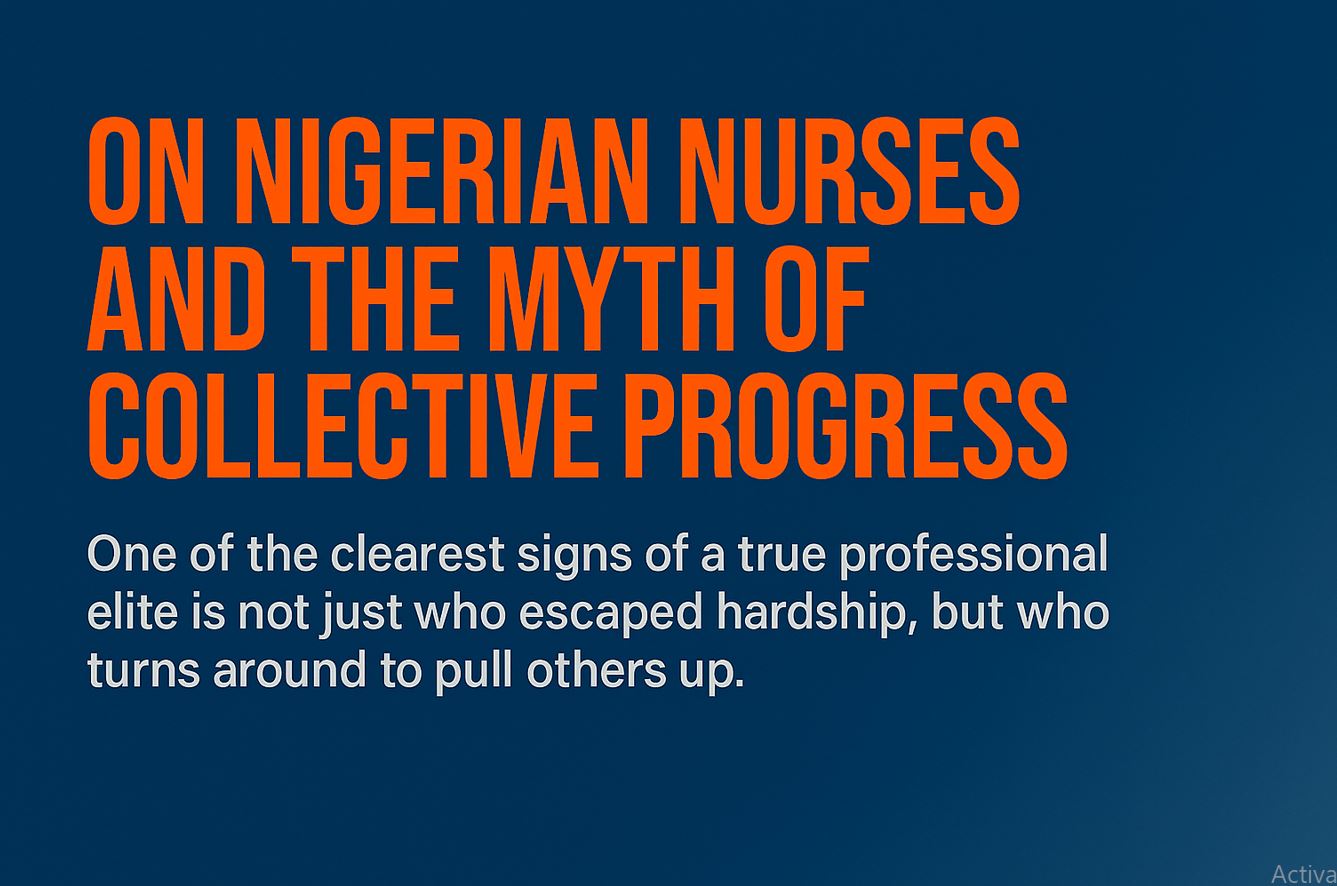A new report has revealed that the coronavirus pandemic and decline in donor funding for Human Immuno-deficiency Virus (HIV)/Acquired Immune Deficiency Syndrome (AIDS) are derailing progress towards ending AIDS by 2030.
According to the report published yesterday by the Joint United Nations Programme on AIDS (UNAIDS), missed targets have resulted in 3.5 million more HIV infections and 820,000 more AIDS-related deaths since 2015. The response could suffer further setback if COVID-19 pandemic resulted in severe disruptions to HIV services.
It was learnt that the 90–90–90 HIV treatment targets 90 per cent of people living with HIV know their HIV status, of whom 90 per cent are on antiretroviral treatment and of whom 90 per cent are virally suppressed.
Another report by the International AIDS Society similarly expressed concern that as health services providers around the world continue to focus their resources on ending the coronavirus pandemic, their action is threatening successes made in decades of response to HIV, tuberculosis (TB) and many other diseases. The report warned that efforts to beat coronavirus could cause over one million extra deaths from AIDS, TB and malaria.
The society raised its concerns ahead of the 23rd International AIDS conference which began yesterday.
According to the UNAIDS report, 14 countries have achieved the 90–90–90 HIV treatment, including Eswatini, which has one of the highest HIV prevalence rates in the world, at 27 per cent in 2019, and which has now surpassed the targets to achieve 95–95–95.
Millions of lives and new infections have been saved by the scale-up of antiretroviral therapy. However, 690 000 people died of AIDS-related illnesses last year and 12.6 million of the 38 million people living with the virus were not accessing the life-saving treatment.
‘The COVID-19 pandemic has seriously impacted the AIDS response and could disrupt it more. A six-month complete disruption in HIV treatment could cause more than 500,000 additional deaths in sub-Saharan Africa over the next year (2020–2021), bringing the region back to 2008 AIDS mortality levels. Even a 20 per cent disruption could cause an additional 110,000 deaths.
Models by the WHO, Stop TB partnership and Imperial College London have predicted that such disruptions could lead to over one million extra deaths across AIDS, TB and malaria,” the report read in part.
Source: Guardian




